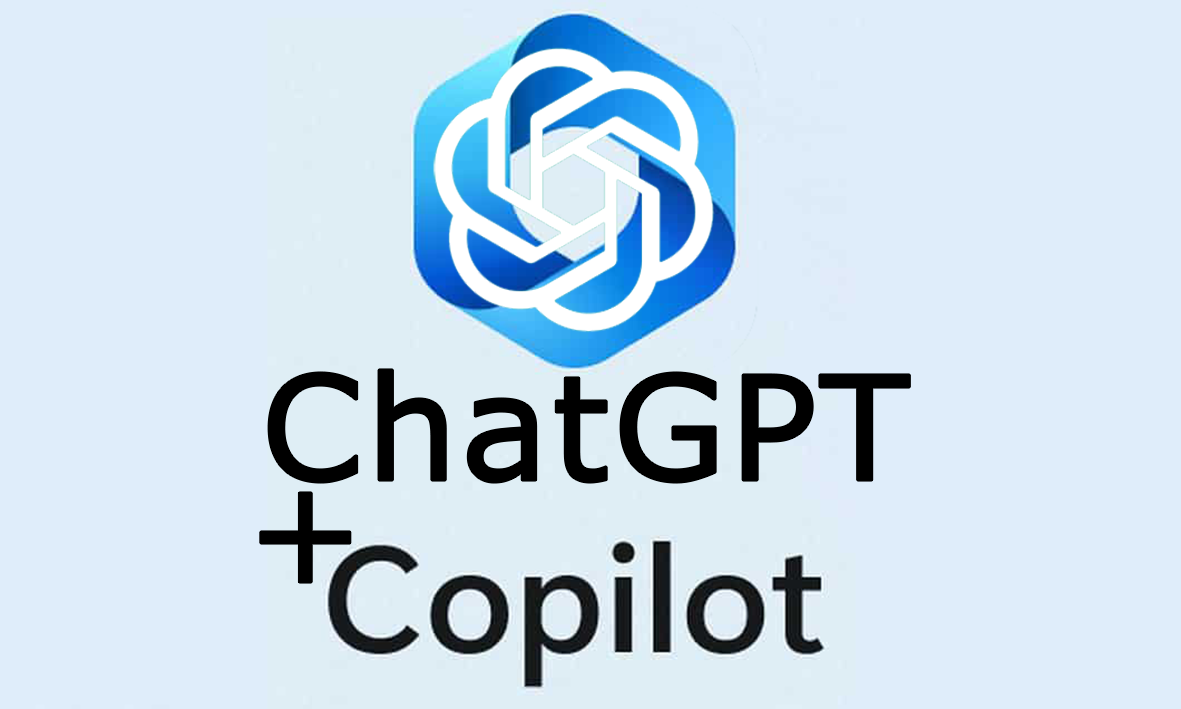In this article, we’ll briefly discuss some practical, current (and near future), applications of AI, with a special focus on available tools for the office.
The promise of AI is that it should free us from much of the non-added-value work, thus allowing us to focus on activities where we can truly provide unique value.
Rather than viewing AI through the traditional lens of productivity and asking, “How do we achieve the same with fewer people?” we should see it as, “With the talent that we have, how can we maximize the value of our people?”
Shortly after the release of the new generation of LLM AIs, such as ChatGPT, numerous applications were developed to leverage the available APIs. These examples range from AI-powered virtual doctors and investment advisory services to virtual AI girlfriends. See our notes at the end for references on those examples.
All these applications rely on the fact that ChatGPT, along with other prominent LLMs, typically offer an API service, allowing third-party applications to utilize the GPT engine. Let’s look at some examples of such applications and tools.
One interesting example is GitHub Copilot. As stated on GitHub’s website, “Trained on billions of lines of code, GitHub Copilot turns natural language prompts into coding suggestions across dozens of languages. Spend less time creating boilerplate and repetitive code patterns, and more time on what matters: building great software. Write a comment describing the logic you want, and GitHub Copilot will immediately suggest code to implement the solution.”
Programmers can integrate Copilot into their preferred code editor, and it will provide suggestions for completing lines of code, in real-time, as they type. Additionally, Copilot suggests code-based on the comments written in natural language. It does not write full programs on its own, but it provides significant assistance, particularly for repetitive tasks. When the general idea of the code is clear, Copilot helps maintain focus on the big picture while taking care of the details. It also aids in discovering functions from unfamiliar libraries and optimizing and refactoring code. Furthermore, it can support and enhance code with comments and documentation, and even perform language-to-language translations.
In my personal view, this is a great idea; For many years software tools have attempted, with limited success, to hide the technicalities of coding, promising to automatically translate tecno-functional specifications into code. Perhaps this time the promise will be fulfilled. As someone who is not an expert in any programming language but who possesses knowledge in some, it would be fantastic to focus on the general idea and to let Copilot handle tasks that revolve around syntax and code layout.
Another interesting example (which can be considered as an evolution of the GitHub copilot) is the copilot for the MS Office suite. Copilot will be integrated into Microsoft Office in two ways: First, it will be embedded in almost every MS Office tool to help produce your documents. Second, there will be an AI-powered chat that has access to all our data (emails, calendar, notes), so that you can request things in natural language such as: “draft a proposal from yesterday’s meeting notes”.
What’s particularly interesting here is that the AI is trained on typical data, but also has knowledge of users’ private data. This opens a whole new range of possibilities: From personal assistants that compose emails for us using our style and previous emails, to tools that create new documents based on our previous documents as references for content and style.
It is worth noting that Microsoft is not the only company working on this topic. Google recently released “Duet AI,” a coding copilot, and countless startups are also exploring this field. These startups typically take one of two paths: either they create an interface around an existing AI engine to specialize the AI for a specific service, or they attempt to develop their own AI.
It is impressive to see applications that continue to emerge daily, which are based on the latest generation of LLMs that are released to the public. While many applications may not endure, the general idea is here to stay. Our suggestion is to start experimenting, testing and learning what works for you and your company. There are now several opportunities to free our working hours from low-value tasks, allowing us to allocate more time to areas where we can add true value. It’s up to each one of us to seize the opportunities that suit us best.
References






